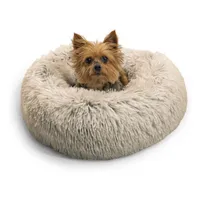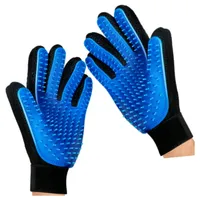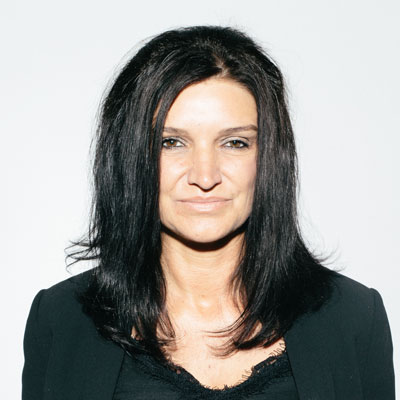Why does my cat drool when I pet him? An expert explains
Wondering, ‘Why does my cat drool when I pet him?’ A vet nurse breaks down why they do it and whether it’s something to worry about.
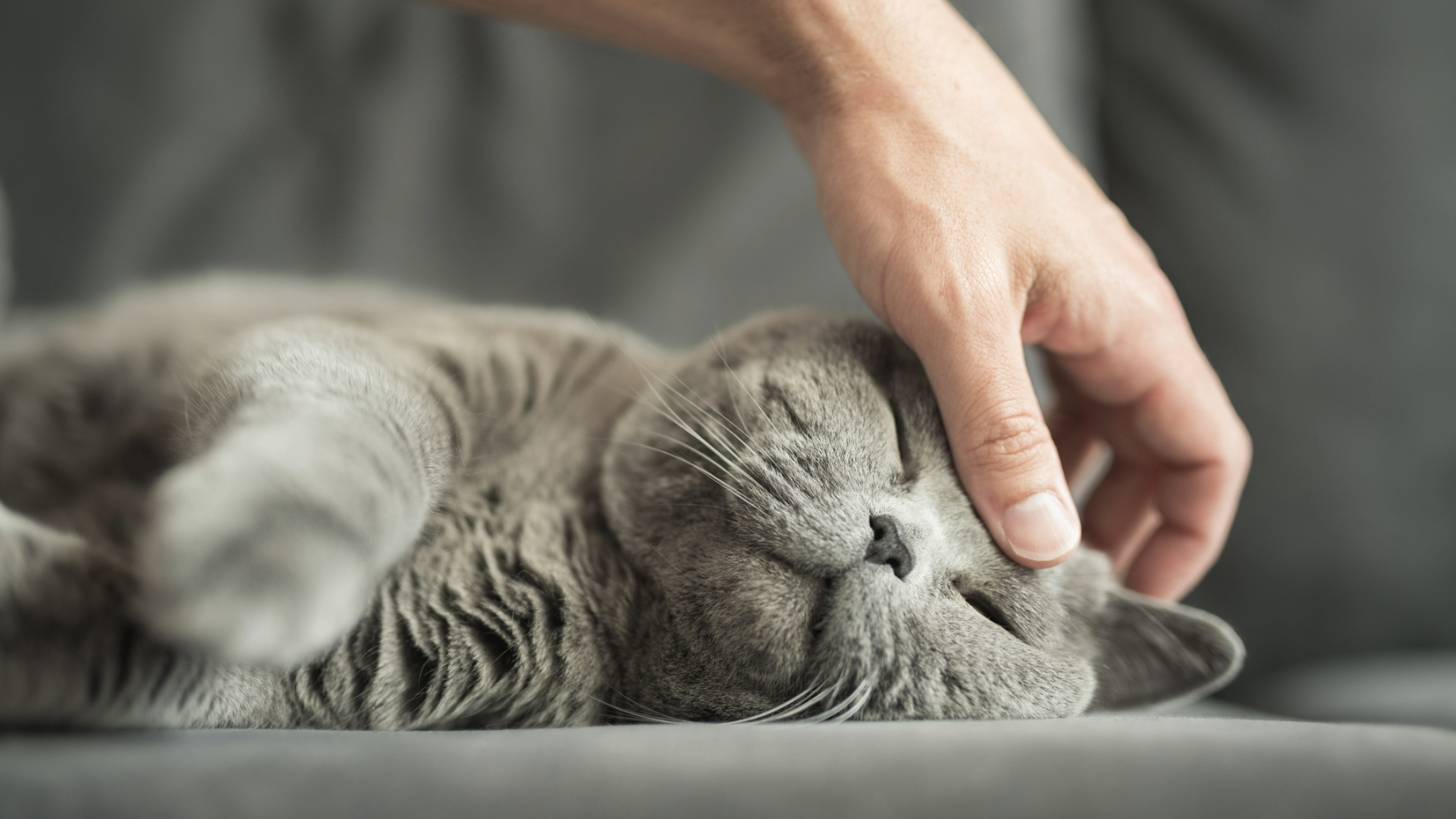
When you’re showering your cat with attention, you might be thinking, ‘Why does my cat drool when I pet him?’ Surely, if they were happy, they wouldn’t be drooling gloopy saliva? The answer might surprise you and I have the low down on all of this.
My name is Annaliese Morgan, and I am an advanced surgical veterinary nurse. I have also written veterinary academia, pet care books, and feature articles since 1999.
Whilst you may expect your cat to crave and drool over the best kitten food or best cat food, drooling can also happen due to a myriad of other scenarios, and being petted is one of them. Why would they drool though at a supposedly happy time and when should I worry about hypersalivating and take my cat to the vet?
Why does my cat drool when I pet him?
Whilst drooling or dribbling saliva can be a sign of something else lurking in the background, most of the time it’s simply your cat’s natural response to being petted and loved.
You may find your cat purrs alongside drooling or rubs their body against you too. This phenomenon occurs due to the affection and love they feel for you being so large, it makes them feel exceptionally relaxed. When a cat is super relaxed, their mouth muscles (and associated anatomy) also relax and drool can drip or plop out as a result. Check out our feature on how to know if your cat loves you if you want to find out other ways they express their love to you (so you know your cat still adores you even if they don’t drool!)
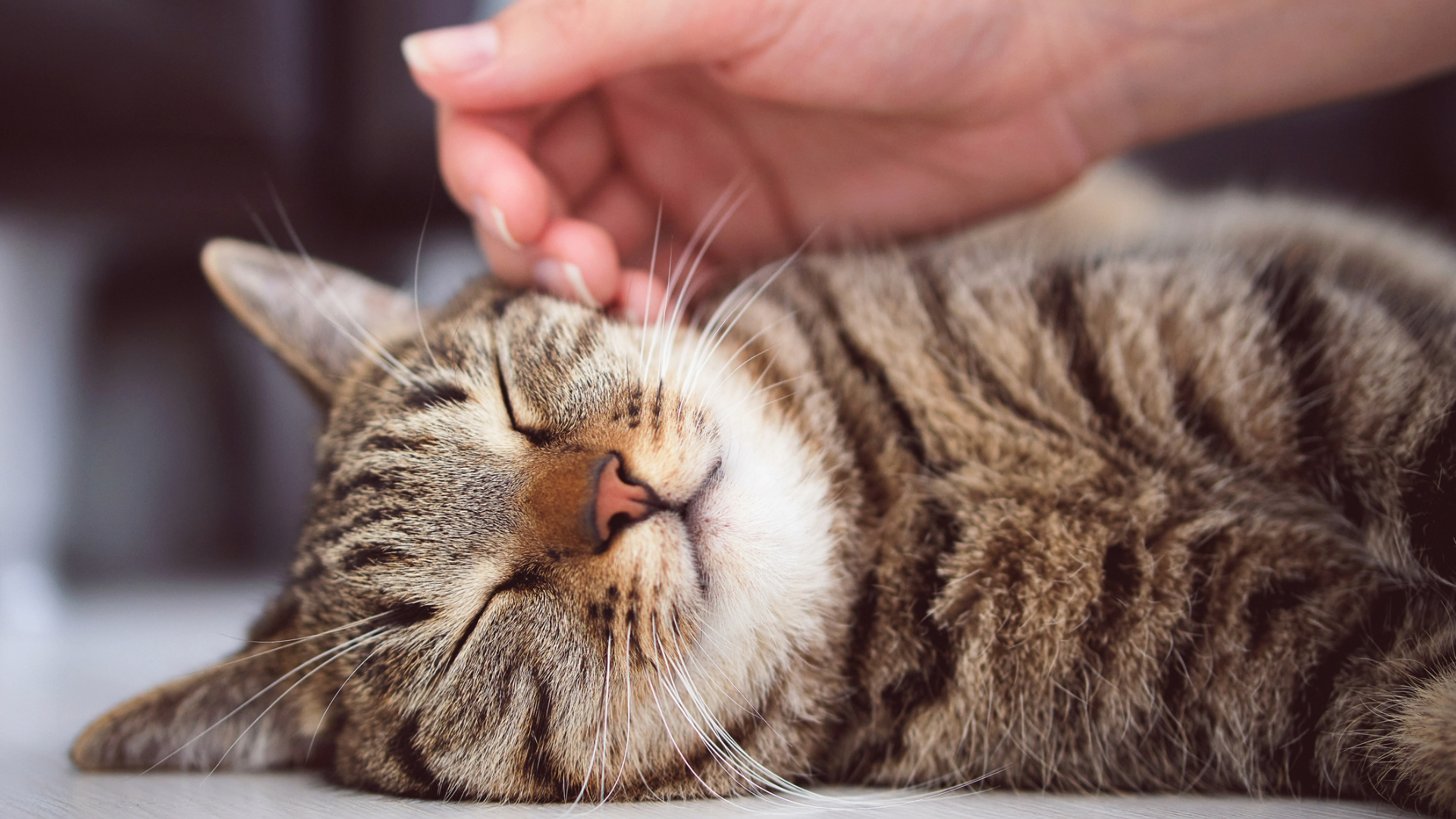
Is it normal for my cat to drool when I pet him?
The answer to this is dependent on your particular kitty and situation. Usually, dribbling whilst you are petting them is nothing to be concerned about as it is in response to your cat being satisfied and happy. Often cats who exhibit this behavior start drooling while being petted as young kittens. This tends to then continue throughout their life. Breeds with flat faces (known as a brachycephalic shaped face) and those with abnormal mouth and dental formations may drool more day to day purely due to the anatomy of their mouths, again this is normal and nothing to worry over.
It is less unusual, however, for an older cat to start drooling - especially if they weren’t doing this before. It can be a sign of an underlying health condition or injury that will require the attention of your veterinarian.
Get the best advice, tips and top tech for your beloved Pets
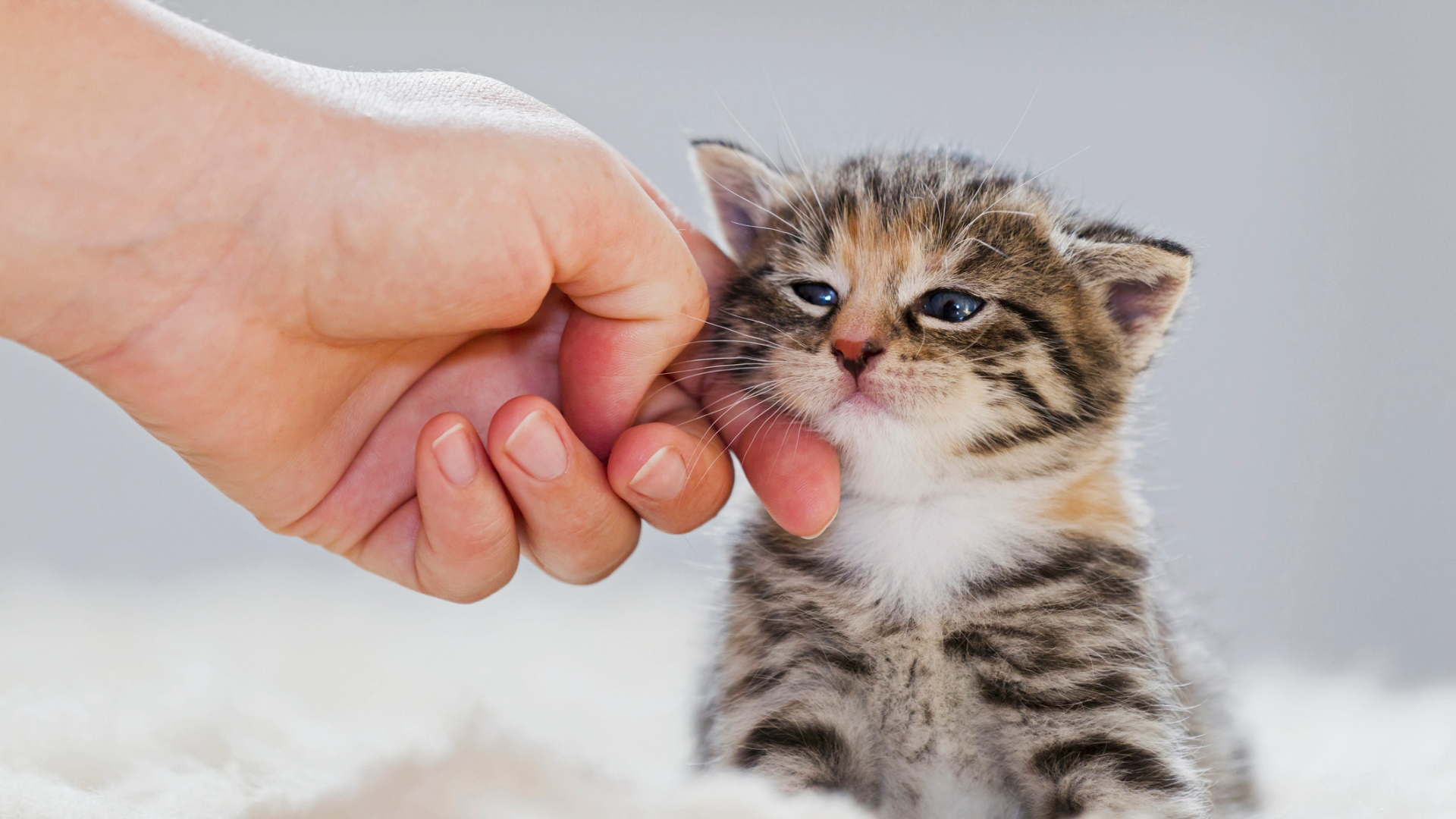
Should I take my cat to the vet if he’s drooling?
There are times when drooling requires a visit to your vet. For example:
- If it is a new behavior or response
- If other signs and problems accompany the drooling
- They are old
- They are unwell
- They’ve returned home after being missing or out roaming
- They are a kitten teething
- Anytime you are worried or concerned about it
Drooling, even whilst being petted, if it is not normal for your cat, may indicate an underlying health condition.
Whilst the below conditions are not an exhaustive list, they do give other likely causes as to why your cat needs to see a vet if they are drooling. Only then can a correct diagnosis be made and any treatment given if required. Please note this will vary from cat to cat and will be on a case-by-case basis.
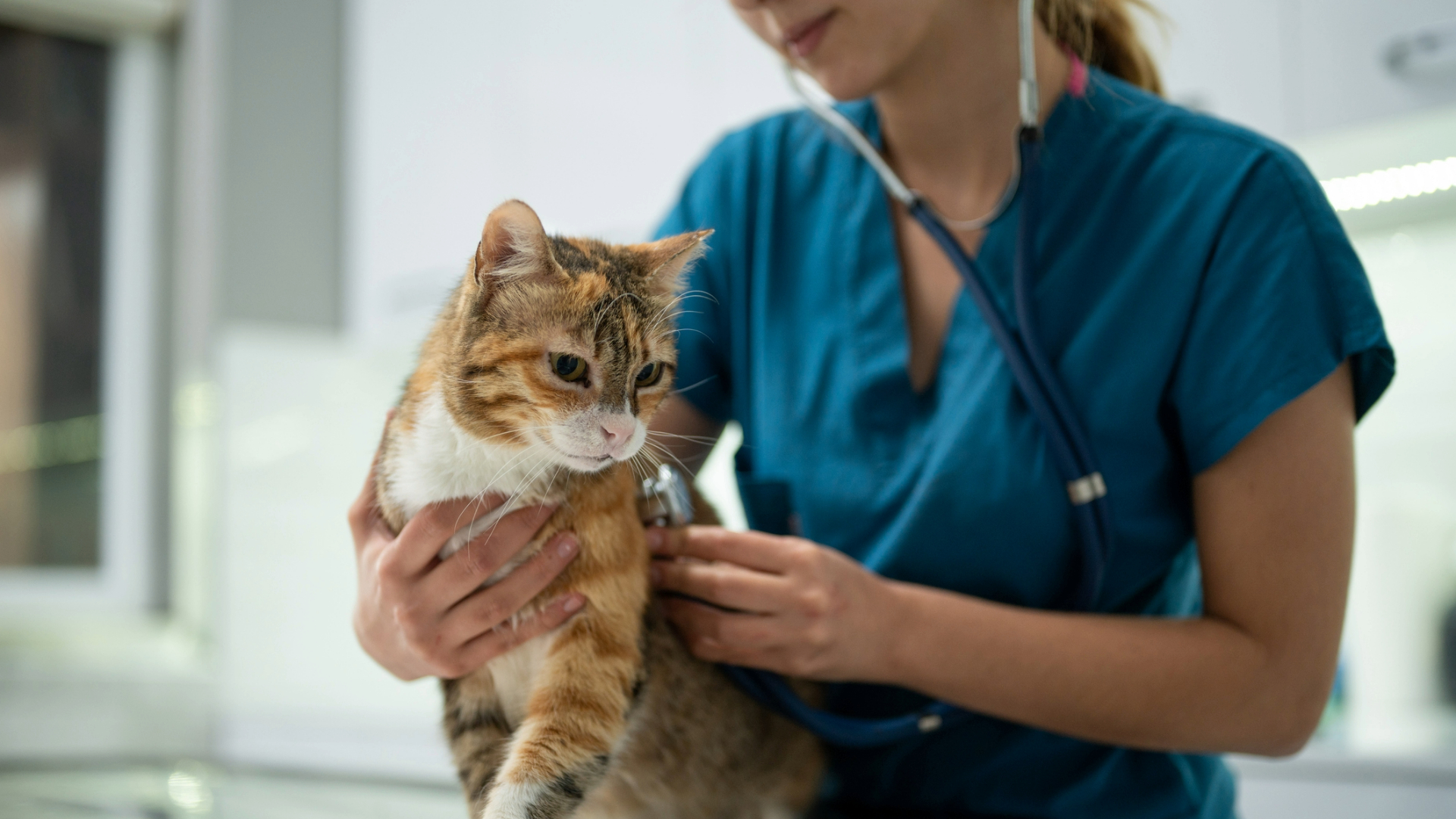
1. Dental disease
The Cornell Feline Health Centre reports a staggering 50% to 90% of adult cats over the age of four years have some form of dental disease. Drooling is one sign that dental problems are afoot. Other symptoms include (your cat may have one or a few of these):
- Gingivitis (inflamed gums)
- Difficulty eating or not eating
- Oral/dental pain
- Lumps or sores in the mouth
- Loose teeth
- Retained teeth
- Fractured teeth
- Excessive tartar build-up
- Abscesses
- Blood-tinged saliva
- Pawing at the mouth
- Halitosis (bad breath)
Home dental care, medication, and perhaps dental work or surgery may be required.
2. Upper respiratory infection
An infection in the upper part of the respiratory tract can cause ulceration in the mouth resulting in drooling. Sneezing, nasal and eye discharge, and not eating and drinking normally may also be seen. Your vet can diagnose this and treat it accordingly.
3. Gastrointestinal blockage
A blockage or a stuck object anywhere along the gastrointestinal tract can cause nausea and therefore drooling. Your cat must be seen by a vet immediately if you suspect they have a foreign body.
4. Upset stomach/nausea
Drooling or excessive salivating is common when your cat feels sick. If they are not eating as well on top of drooling, it warrants a vet trip. Drooling and nausea may occur for many reasons including kidney disease, something offensive they ingested, or part of the digestive system being inflamed or infected.
5. Medical condition
Multiple health conditions such as kidney (renal) disease, diabetes, hyperthyroidism, pancreatitis, certain cancers, and irritable bowel disease can all cause drooling. If you notice any change in their eating patterns, behavior, weight, or energy, have your vet examine your cat.
6. Neurological issue
Neurological disease or any issues affecting the nerves, especially those serving the head, can cause drooling. Other signs of neurological damage include balance issues, weakness, problems chewing or picking up food, and dropping food.
7. Injury and trauma
Trauma, whether caused by direct or indirect incidents, can all cause drooling. From ulcers to burns to fractures and wounds all of these can make your cat drool - particularly if you are petting around the affected area.
8. Stress and anxiety
Both of these behavioral conditions originally arise from a plethora of other triggers but both may cause your cat to drool as a symptom of it. Often you will notice other signs and things out of character for your cat in these instances. Ask your vet or cat behaviorist for help. They will rule out any medical problems first and then tackle an appropriate behavior plan.
Best Friends by Sheri The Original Calming Shag Fur Donut Cuddler Cat & Dog Bed
Cats can be fussy creatures and picky about where they sleep. This is especially so if they suffer from anxiety, or stress or have an injury requiring rest. Providing them with a suitably sized and comfortable bed like the Best Friends by Sheri The Original Calming Shag Fur Donut Cuddler Cat & Dog Bed goes a long way, to not only help them feel relaxed but also to feel at peace and protected.
Mr. Peanut's Hand Gloves Dog & Cat Grooming & Deshedding Aid
These are great tools for grooming your cat, especially if they do not like the traditional comb or brush. The glove approach makes them feel like they are being petted, and increases your bond with them, all while maintaining their fur and ushering all the benefits grooming provides onto your cat.
If you are asking yourself more than a few times, ‘Why is my cat drooling?’ Have a read through this feature to see if any of these problems resonate with your situation. Love them or hate them, cats’ tongues are rough and feel weird to the touch - this feature explains the common question, ‘Why do cats lick you?’ Or, learn the answer to, 'Why is my cat walking in circles?'
Annaliese qualified as a veterinary nurse from Edinburgh and went on to attain a diploma in advanced veterinary nursing in surgery from London. Throughout this time, she worked in both small and mixed veterinary practices and gained head nurse status. Responsible for training other veterinary nurses she also ran the nursing department, nurse clinics, and patient care protocols.
She has looked after 1,000s of patients and owners and created new higher standard nursing regimes, whilst specializing in surgery and anesthesia. After being asked to co-author multiple veterinary nursing textbooks, Annaliese continued to write for further mainstream publications in the UK and USA and after twenty-plus years in both the veterinary and pet care professions, she hung up her scrub suit and now writes full-time.
